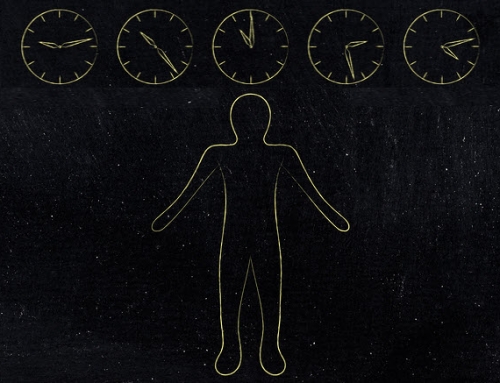It was June of 2008 and I was a research director, working in-house at K12.com. I had gotten in my head that maybe it was time to go freelance and after giving it a lot of thought, I decided that the decision was the logical next step in my career. So I went for it! I gave my supervisor notice and remained as a part-time employee for an extra month to give the company time to find someone new for the position. Meanwhile, I used the other half of my time to launch Lebsontech LLC as a full-time effort instead of merely the side-business I had started in 1997.
I became a freelancer right before a recession
By July 2008, Lebsontech represented half of my job and by August 1, 2008 it was my only job. Things were looking bright – I had my first few small gigs lined up, and I was working hard. But then in September, Lehman Brothers declared bankruptcy and less than two months after my decision, I came to realize that the economy was pretty much collapsing. It really wasn’t until a few years later that the recession was declared over.
But things continued to go well
Even with the problems in the economy, I met my target revenue for 2008, and in fact, I have exceeded my target revenue every year since then with one exception: 2015 was my only particularly problematic business year, but was a time the economy was once again strong.
Looking for trends
Although I’m largely living in a qualitative research world, I still like my quantitative data and over the years, I’ve tried to come up with models to look for trends year over year and cycles by month. However, I’ve never been able to find any obvious correlations.
So is it better to be a freelancer or an employee when the economy goes into a recession?
If I knew where the economy was headed in 2008, I probably would have rethought my decision to go off on my own. But looking back now, I suspect that there are both pros and cons to being a freelance UX professional in a poor economy as there are pros and cons of being an employee.
As an employee there is certainly a perception of safety – not having to hunt for new work when that new work may not be available due to reduced budgets. But there are risks too. If companies find themselves struggling, they may lay people off too (as Uber just did, laying off large numbers of staff including many UX professionals) – and that’s true both when the economy is good and when it’s bad.
Meanwhile, as a freelancer, the answer is most certainly fuzzy. It’s true that companies may scale back efforts, but simultaneously, there is still work that will need to get done, and if there is a hiring freeze but a project or two that needs doing, a freelancer may help fill the gap until things get brighter. Further, money for projects that is appropriated before a recession may continue to be available as it’s already there.
Looking forward
With trade wars and all sorts of political chaos coming after a very sustained period of economic growth it seems like a recession is not an impossibility in the near term. But if you’re considering whether to become a freelancer or get hired as an employee, realize that it’s not fully clear which option is the better one in a volatile economy.
In fact, I think that the likelihood is that both options are probably sustainable in a downturn. As an employee, and particularly if you’re in UX too, the odds are that you are going to keep your job given that there are no signs that the supply demand ratio favoring UX employees is going to shift anytime soon.
And as a freelancer, you have a very valuable tool if you choose to use it – no matter how bad things are, as long as companies still want your skills, you can modulate your rates as needed (which may or may not actually be needed given that you may be performing backfill work for positions that aren’t filled).
So have fun with your work, and know that no matter what, if you’re skills are needed (especially if those are UX skills!) you’ll hopefully be well positioned no matter where the economy heads.
Image: Bigstockphoto.com / mipan








